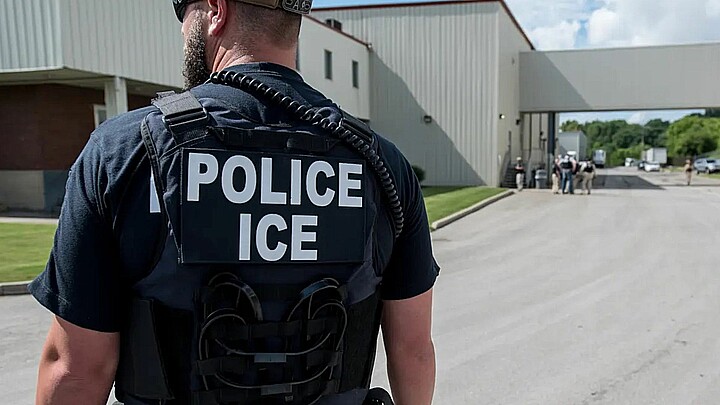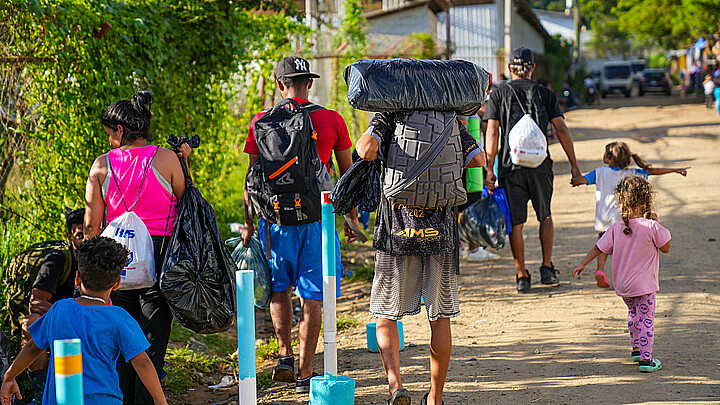Immigration
DHS proposes higher fees for work-based visas to pay for more personnel
According to USCIS, the new fee structure would allow the agency to hire around 8,000 additional personnel to help address the thousands of application cases that are backlogged
January 4, 2023 5:32am
Updated: January 4, 2023 10:21am
The United States Citizenship and Immigration Services (USCIS) proposed on Tuesday a new fee structure for visas, raising costs for work-based visas while reducing the fees for humanitarian visas, reported The Hill.
“In addition to improving customer service operations and managing the incoming workload, USCIS must continue to fulfill our growing humanitarian mission, upholding fairness, integrity, and respect for all we serve,” USCIS Director Ur Jaddou said in a statement.
“This proposed rule allows USCIS to more fully recover operating costs for the first time in six years and will support the Administration’s effort to rebuild the legal immigration system,” Jaddou added.
USCIS received most of its revenue from application fees. The higher fees would increase the agency’s revenue from $4.5 billion a year to around $6.4 billion.
According to USCIS, the new fee structure would allow the agency to hire around 8,000 additional personnel to help address the thousands of application cases that are backlogged.
However, the fee proposal could severely impact the number of applications for certain kinds of visas. The application for an investment visa, for example, currently costs around $3,675. Under the new proposal, the cost would increase to $11,160.
“These decisions are taking three, four years to adjudicate,” said Shev Dalal-Dheini, director of government relations at the American Immigration Lawyers Association.
“These are people who are coming to the U.S. to invest money in the United States, not just a little bit of money. They’re coming to invest hundreds of thousands if not millions of dollars. And then they have to pay a lot of money to do that. They’re willing to do it, but then they also have to wait four years to get approved,” Dalal-Dheini said.
Similarly, companies, non-profits, and universities who want to sponsor immigrant workers might find it hard to hire workers with the new fees.










